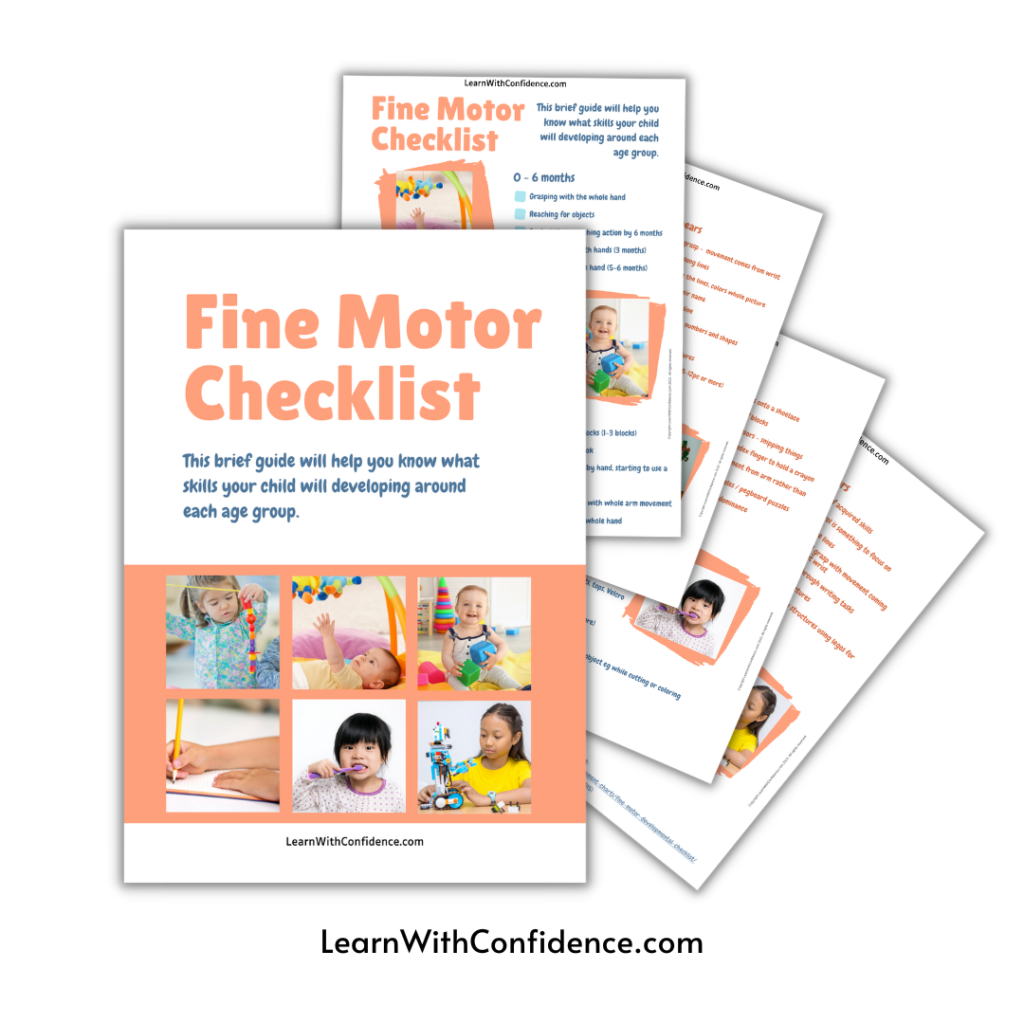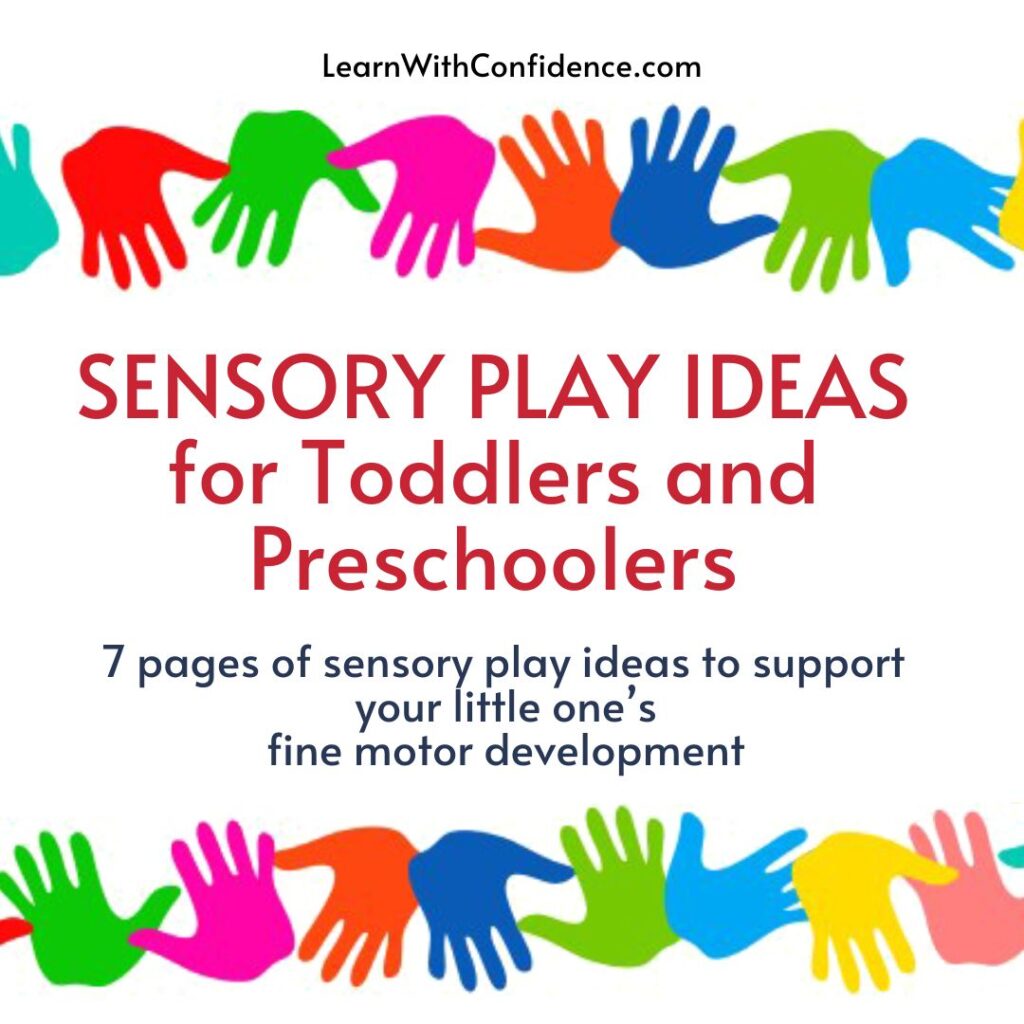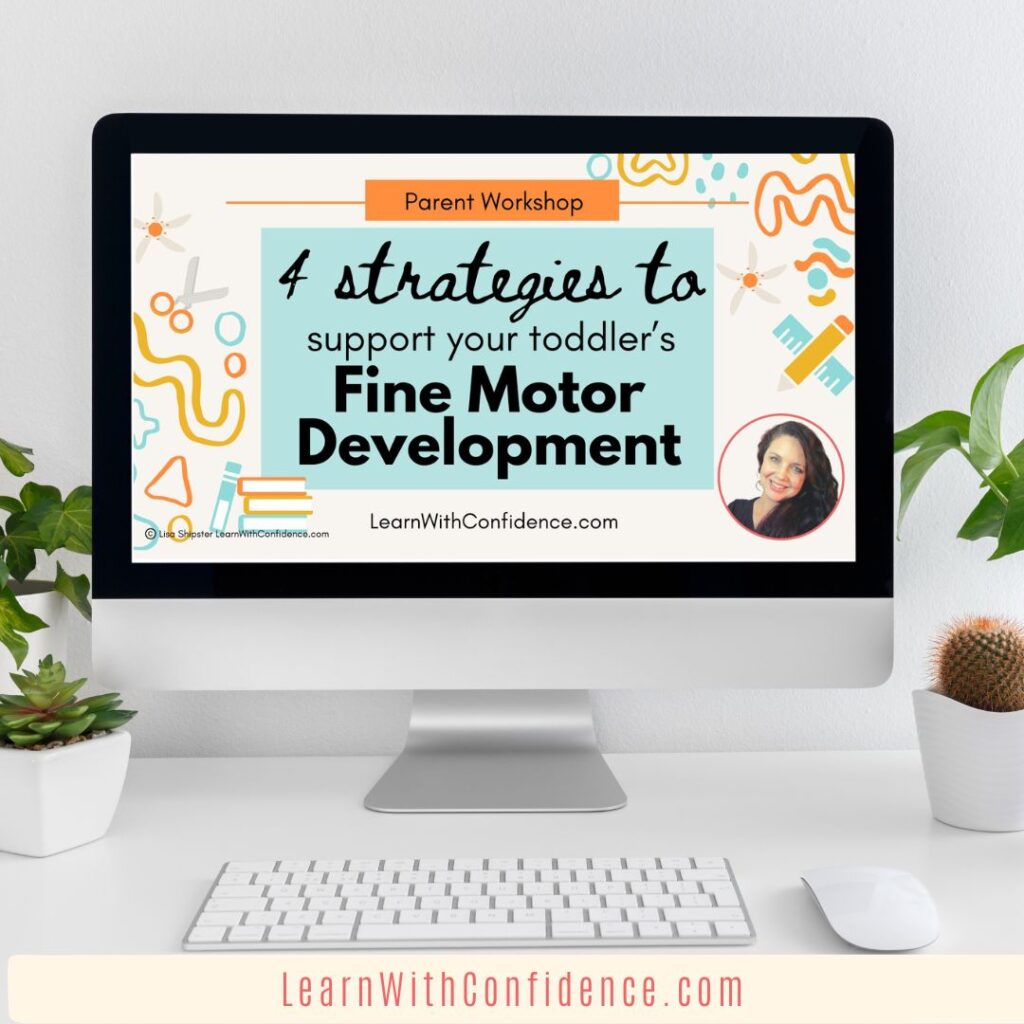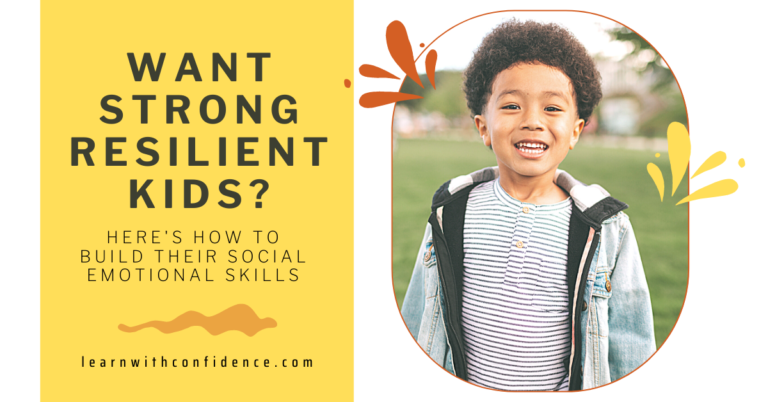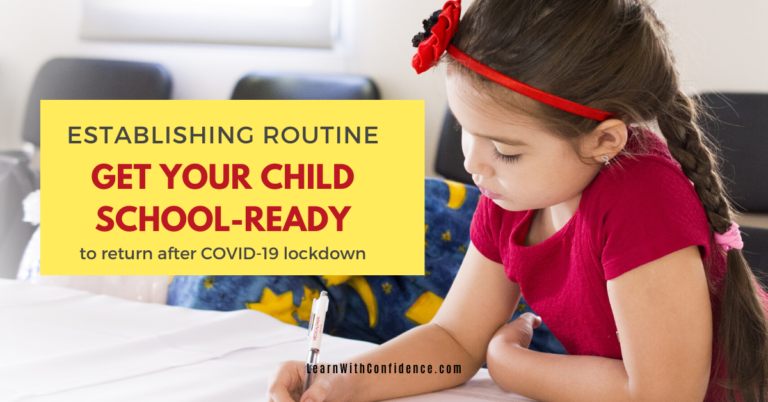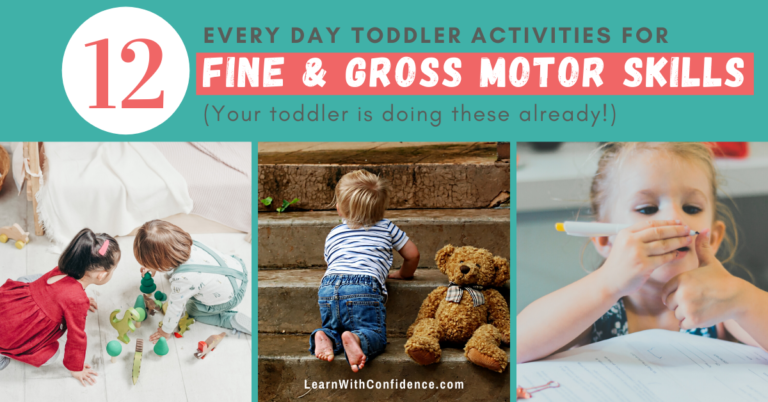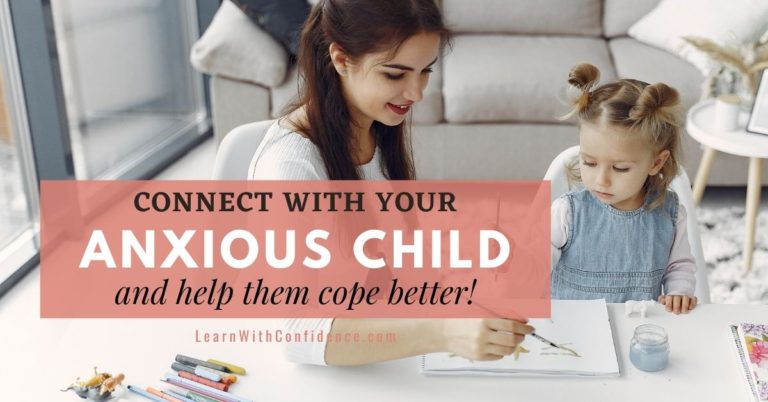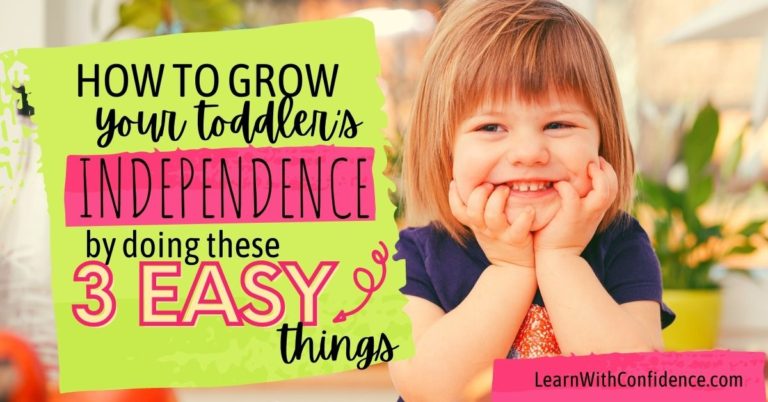Understanding and Supporting Your Toddler’s Milestones Through Play
Toddler Milestones and Play – A fun and powerful way to support your toddler’s early learning and development.
As moms, we know how exciting and sometimes overwhelming it can be to watch our little ones grow and develop. One minute they’re tiny babies, and the next, they’re running around exploring the world with endless curiosity. Amidst all this growth, understanding your toddler’s developmental milestones is key to providing the right support at the right time.
Milestones guide us in supporting our child’s learning by informing us about what activities we should introduce and how to adapt them to their current stage. In this post, we’ll discuss the importance of milestones, how to plan activities around them, and why play is the ultimate tool in your parenting toolkit.

Why Milestones Matter
Developmental milestones are markers that help us understand where our child is on their learning and growth journey.
These milestones provide valuable insights into what your child’s brain and body are ready to learn and practice, helping you tailor activities that support their development.
By knowing what to expect, you can create an environment that nurtures your child’s growth while giving them the grace to develop at their own pace.
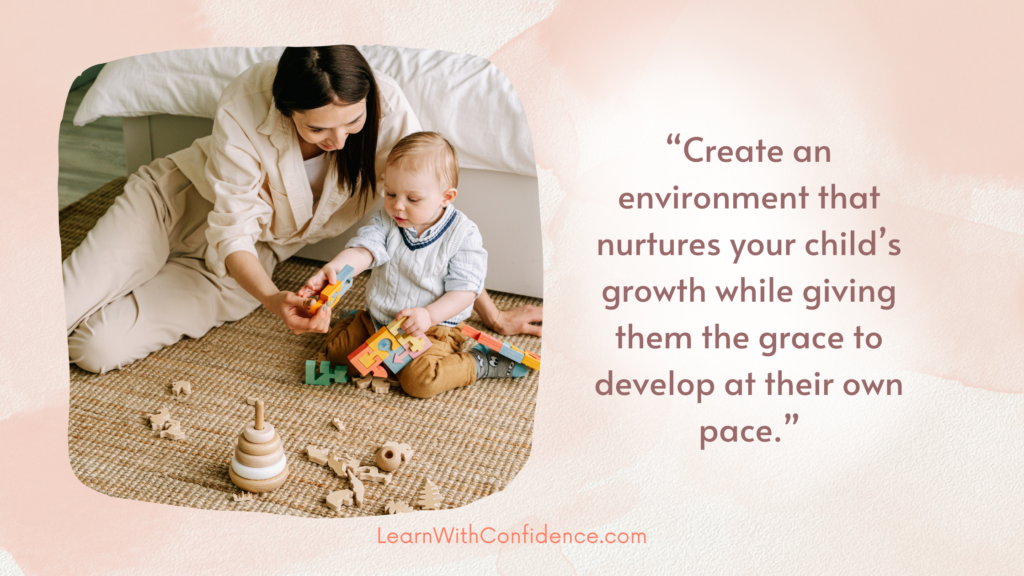
The Importance of Play in Early Childhood
Play isn’t just a way to keep your child occupied; it’s a crucial part of their development. For toddlers, play is how they explore the world, make sense of new experiences, and build essential skills. Here’s why play is so important for your little one:
Cognitive Development
Through play, toddlers learn to solve problems, understand concepts like cause and effect, and develop memory and concentration. Whether they’re building a tower with blocks or pretending to cook in a play kitchen, their brains are working hard to process and understand the world around them.
Social and Emotional Skills
Play helps children learn how to interact with others, manage their emotions, and develop empathy. When they engage in pretend play, they’re practicing taking on different roles and perspectives, which is essential for developing social understanding.
Physical Development
Active play builds gross motor skills including coordination, strength, and fine motor skills. Whether it’s running, jumping, or handling small objects, play helps children develop the physical abilities they need to navigate their environment.
Sensory Development
When a child is playing they engage so many of their senses. From the obvious ones like sight, hearing and touch to the more internal senses like proprioception, vestibular sense and enteroception. Swinging on a swing, balancing, climbing and bouncing on a trampoline develop these skills. But so does pouring tea or dressing up the baby-doll or pushing the toy tractor around the sand-pit during pretend play.
Language Development
During play, children are constantly exposed to new words and phrases, helping them to expand their vocabulary and communication skills. Storytelling, role-playing, and even simple conversations during playtime all contribute to language development. All incredibly valuable to their early reading skills.
Understanding the role of play in your child’s life helps us see why it’s so critical to incorporate play into everyday activities, especially when focusing on milestones.
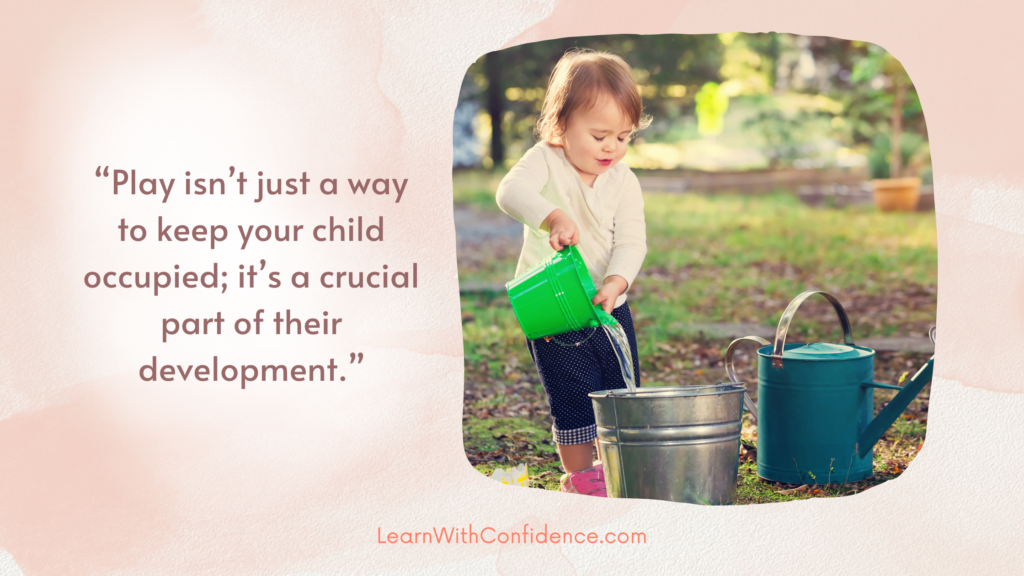
How to Plan Activities Based on Your Toddler’s Milestones
Play is Everything
When it comes to learning and development, play is EVERYTHING—especially for toddlers. Play isn’t just a way to keep your child entertained; it’s how they explore the world, test out new ideas, and practice new skills. When planning activities around the milestones your child is working on, think about how you can turn these activities into something fun and engaging.
For example, if your toddler is working on their pincer grip (the ability to pick up small objects between their thumb and index finger), introduce games that involve picking up small items like beads or pasta. Turn it into a playful challenge by seeing who can pick up the most items in a minute or by incorporating these items into a larger pretend play scenario. Check out this selection of toys to support your child’s fine motor skills.
Keep It Simple
Here’s some great news for all us busy moms out there: You don’t need elaborate toys or activities to effectively support your toddler’s development. In fact, simplicity often works best. Choose a few straightforward activities each day that are easy to prepare and set up, with minimal clean-up afterward. The key is consistency, not complexity.
For instance, if your toddler is learning to use a spoon, let them practice during meal times and also during play. You can give them a bowl of dried rice or pasta and a spoon, letting them practice scooping and transferring from one bowl to another. This not only reinforces the skill but also keeps them entertained with a sensory activity.
Match Activities to Milestones: 2 Real-Life Examples
Understanding what milestones your toddler is currently working on allows you to tailor activities that directly support those skills. Here are some examples:
Learning to Drink from a Cup (1-2 Years Old)
If your toddler is learning to drink from a cup, incorporate cups into their playtime. Have them pour water from one container to another using different-sized cups. This not only helps with their coordination but also familiarizes them with the concept of using a cup.
Building Towers (2-3 Years Old)
If your toddler is mastering the art of stacking and building, provide plenty of opportunities for them to do just that. Wooden blocks, cups, plates, and tubs of various shapes and sizes are perfect for building towers. Encourage them to explore different combinations and see how high they can stack their creations.
Tailoring your child’s activities to their milestones often requires a bit of creativity and out-of-the-box thinking. But it doesn’t need to be complicated. Often, the simplest activities are the most effective.
Celebrate Every Small Win
As your toddler continues to grow, keeping an eye on their developmental milestones can guide you in providing the right support at the right time. Remember, play is your toddler’s primary way of learning, so keep it simple, fun, and aligned with their current stage of development. By doing so, you’re not only helping them reach their milestones but also nurturing their love of learning in a joyful and stress-free way.
Celebrate each small achievement, and enjoy these special moments as you watch your little one grow. After all, these milestones are just the beginning of their incredible journey of learning and discovery!
Ready to Learn More about Supporting your Child’s Fine Motor Development?
Here are some more awesome Fine Motor Resources I think you’ll love!
Connect with me
Have you got a new way to play with your child while you have fun developing their fine motor skills – drop a comment to let us know!
Feel free to reach out in the comments or send me an email to connect. It’s my mission to equip and empower you to help your child succeed – you are, after all, the best person for that job, because you are the expert on your child.

